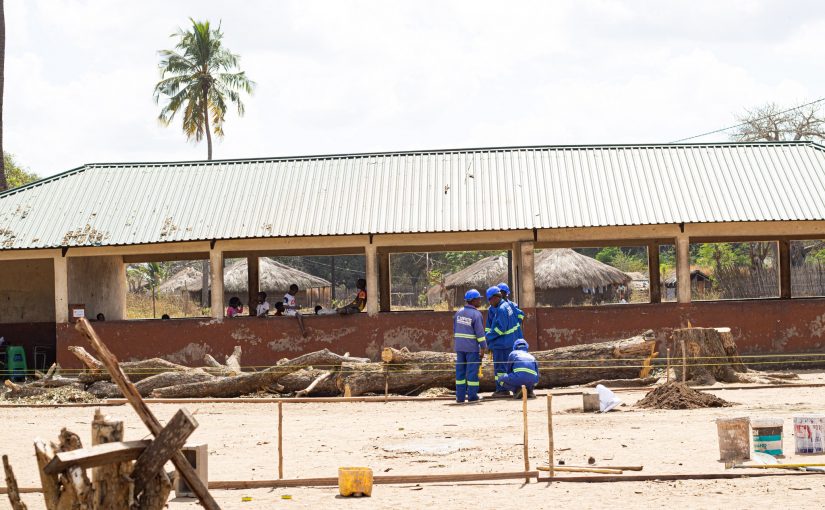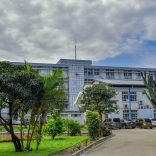Mozambique: Doctors at Beira Central Hospital threaten to stop working overtime
Mozambique: Vocational training for 630 displaced in Cabo Delgado province

FILE - For illustration purposes only. At stake is a project that allowed 630 young people from the districts of Montepuez, Namuno and Balama, south of Cabo Delgado province (northern Mozambique), to complete, last Friday, training as electricians, carpenters, masons and mechanics, also receiving equipment. [File photo: Agencia Extremeña de Cooperación]
An international project supported by the World Bank has enabled 630 young people from the south of the Mozambican province of Cabo Delgado, displaced by terrorist attacks, to train in areas such as electricity, carpentry or mechanics, the promoters announced.
“In the response to this crisis in northern Mozambique, also from the other partners, it was realised that it was important not only to have military and paramilitary responses, but that we also needed to find responses that would bring social sustainability, as well as the empowerment of people, specifically the youth population, as a response to reducing marginalisation and begging, more specifically, social vulnerability,” explained Manuel Maurício, representative of the United Nations Office for Project Services (UNOPS) in Pemba.
At stake is a project that allowed 630 young people from the districts of Montepuez, Namuno and Balama, south of Cabo Delgado province (northern Mozambique), to complete, last Friday, training as electricians, carpenters, masons and mechanics, also receiving equipment, which is part of the Northern Crisis Recovery plan, an initiative of the Mozambican authorities supported by the World Bank, with the support of UNOPS and implemented by the Spanish non-governmental organisation Ayuda En Acción.
Lasting three months, the training of these young people displaced by insurgent attacks in the last five years is part of the national strategy, supported by international partners, to minimise the vulnerability of the local population, especially in the context of terrorism.
“The response to terrorism or to this insurgency, or to this social evil that we are experiencing today, is not the exclusive monopoly of the Government of the Republic of Mozambique, it is not the exclusive monopoly of the district government of Montepuez, but rather, it is the monopoly of all of us. We are all invited, with whatever we can do, to help respond to this situation of the humanitarian crisis that we are going through”, emphasised Manuel Maurício.
The training of these displaced young people is part of the funding guaranteed by the World Bank to Mozambique, as a partner in supporting the reconstruction of Cabo Delgado province, affected by the actions of terrorists, claimed by the extremist group Islamic State.
The insurgency has led to a military response since July 2021 with support from Rwanda and the Southern African Development Community (SADC), liberating districts near gas projects, but new waves of attacks have emerged south of the region and in neighbouring Nampula province.
The conflict has already displaced one million people, according to the United Nations High Commissioner for Refugees (UNHCR), and claimed around 4,000 lives, according to the conflict registration project, ACLED.












Leave a Reply
Be the First to Comment!
You must be logged in to post a comment.
You must be logged in to post a comment.